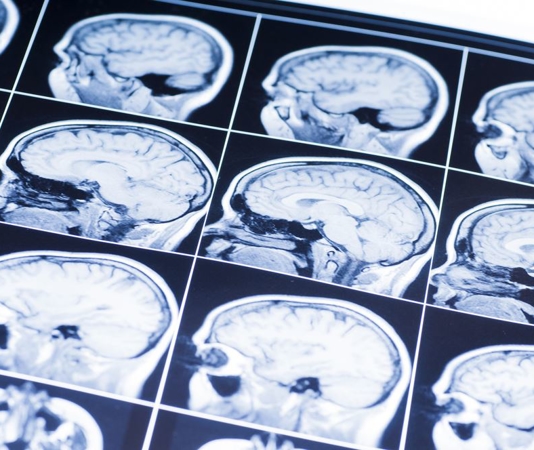In recent years, the field of health sciences research has directed increasing attention towards adverse childhood experiences (ACEs). ACEs are potentially traumatic events that occur during a person’s childhood, such as family death, food insecurity, community violence, abuse, and discrimination. In the U.S., about half of the child population has experienced at least one ACE, and about 1 in 5 have experienced two or more. Exposure to ACEs has been strongly correlated with other adverse health effects, and researchers have found that an alarmingly high proportion of the youth population is at risk for poor health outcomes across the lifespan.
Most research on this topic has focused on the psychological and socio-economic impacts of ACEs. A recent study investigated the risk of traumatic brain injury (TBI), a potentially serious health effect of ACEs that has been largely neglected in ACE research. The researchers hypothesized that youth with ACEs may be at greater risk for sustaining TBI due to higher exposure to violence, an increased likelihood of risk-taking behaviors, and the presence of comorbid mental disorders (such as attention deficit hyperactivity disorder; ADHD).
The research group used data from the National Survey of Children’s Health to study the relationship between ACEs and TBI in a sample of 42,204 American adolescents ages 12-17 years whose caregivers completed the survey between 2016 and 2018. They found that:
- The risk of TBI increased as exposure to ACEs increased. Exposure to one ACE was associated with a 26% higher risk of TBI, exposure to two to three ACEs was associated with a 77% higher risk, and exposure to four or more ACEs was associated with a 163% higher risk.
- Nearly 1 in 5 youth with a current TBI had been exposed to four or more ACEs, compared to fewer than 1 in 14 youth with no history of TBI.
- Among youth whose TBIs were not caused by participation in sports activities, about 23% of the association between ACE exposure and TBI was explained by the presence of ADHD and conduct problems.
TBI is among the many potential negative health outcomes associated with exposure to ACEs. Given that TBI can cause long-term adverse health effects, pediatricians and primary care physicians are encouraged to include TBI in their ACESs screening practice. Preventive treatments to reduce the development or impact of ADHD and conduct disorders in youth may also reduce risk of TBI among adolescents exposed to ACEs.
Jackson DB, Posick C, Vaughn MG, & Testa A. Adverse childhood experiences and traumatic brain injury among adolescent: Findings from the 2016-2018 National Survey of Children’s Health. European Child & Adolescent Psychiatry. (2022).

